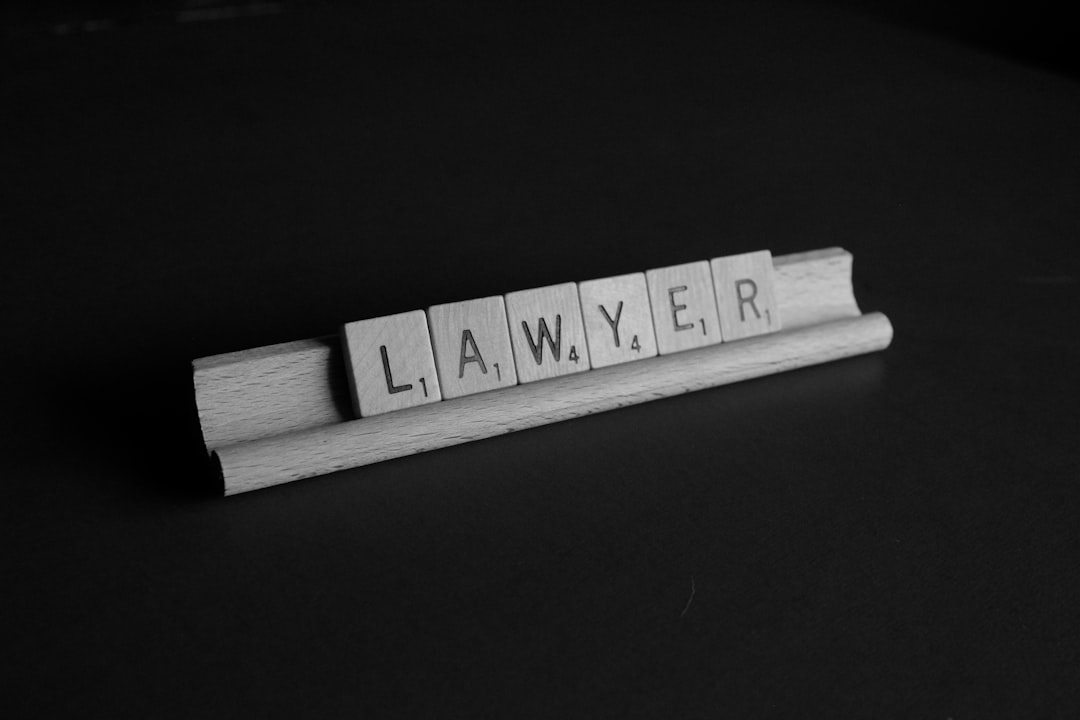“In South Carolina, advocacy for sexual assault victims plays a pivotal role in seeking justice and healing. This article explores the intricate landscape of support systems available to survivors, with a focus on understanding local laws and the crucial role of a sexual assault lawyer. From navigating legal complexities to connecting victims with resources, we delve into empowering survivors through every step towards recovery. Key topics include recognizing rights under South Carolina’s sexual assault laws and accessing dedicated organizations that offer vital assistance.”
Understanding Sexual Assault Laws in South Carolina

In South Carolina, understanding and navigating sexual assault laws is crucial for victims seeking justice. Sexual assault is defined as any unwanted sexual contact or conduct, including rape, forcible sodomy, or sexual battery. A sexual assault lawyer in South Carolina can help victims interpret these laws and protect their rights. The state has strict regulations to support survivors, such as the requirement for a medical examination within 72 hours of the incident, which can provide vital evidence.
Victims have the right to press charges against their assailants and seek legal remedies like compensation for physical and emotional injuries. A sexual assault lawyer can guide victims through the legal process, ensuring they understand their options, file necessary paperwork, and represent them in court. This support is essential as victims often face a challenging journey towards healing and justice.
The Role of a Sexual Assault Lawyer

In the aftermath of a sexual assault, victims often face a complex and emotionally charged legal process. This is where a sexual assault lawyer in South Carolina plays a pivotal role. They are advocates for justice and support, providing guidance through every step of the criminal or civil proceedings. These attorneys specialize in understanding the unique challenges faced by survivors, offering them the strength and representation needed to navigate these difficult times.
A qualified sexual assault lawyer ensures that victims’ rights are protected and that they receive the care and compensation they deserve. They possess extensive knowledge of South Carolina’s legal frameworks related to sexual assault cases, enabling them to build robust defenses or pursue just settlements. Their expertise extends to navigating medical, psychological, and legal systems, ensuring survivors receive comprehensive support tailored to their needs.
Support Systems for Victims: Resources and Organizations

In South Carolina, survivors of sexual assault can find support through various resources and organizations dedicated to helping them navigate their journey toward healing and justice. One crucial player in this network is the South Carolina Bar Association’s Task Force on Sexual Assault, which provides a platform for legal aid and advocacy. This task force connects victims with trained attorneys specializing in sexual assault cases, offering guidance and representation tailored to their unique needs.
Additionally, local community centers, non-profit organizations, and hotlines operate across the state, serving as safe spaces where survivors can share their stories, access crisis intervention services, and learn about their rights. These support systems ensure that victims are not alone in their struggle, empowering them with knowledge and resources to pursue justice against their assailants through the help of a sexual assault lawyer in South Carolina.
Empowering Survivors: Steps Towards Healing and Justice

Survivors of sexual assault in South Carolina can find support and advocacy through various organizations dedicated to their healing and justice. Empowering survivors starts with connecting them to legal professionals specializing in sexual assault cases, like a sexual assault lawyer South Carolina. These attorneys provide crucial guidance, ensuring victims understand their rights and options. They offer legal representation, helping survivors navigate the criminal justice system, seek restitution, and hold perpetrators accountable.
Beyond legal support, empowering survivors involves creating safe spaces for them to share their stories without fear of judgment. This includes access to crisis hotlines, counseling services, and support groups led by professionals trained in trauma-informed care. By combining legal advocacy with emotional support, survivors can take steps towards healing and regaining control over their lives.






